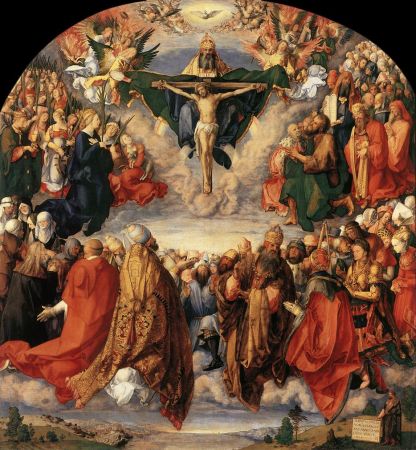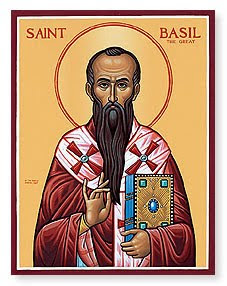
And she will have a son, and you are to name him Jesus, for he will save his people from their sins.
The manger and the cross are not far removed. We tend to picture the Nativity as a pastorally-pleasing, sweet scene with admiring parents and grateful shepherds. We tend to view Golgotha as a horrid, ugly hill surrounded by hate-filled rejectors of the glorious majesty of God. Of course, truth exists in both these images, but often we fail to recognize that the Cross was planted in Bethlehem.
A Savior was born that day to die for our sins–the shadow of the Cross falls over the baby Jesus as he rests in the manger. Our kinsman redeemer, our sin-bearer, our ransom, our sacrificial Lamb was born that day in Bethlehem. The Cross and the manger meet in Bethlehem-Jesus is born to die for your sins and mine.
God’s compassion for us is all the more wonderful because Christ died not for the righteous or the holy but for the wicked and the sinful, and, though the divine nature could not be touched by the sting of death, he took to himself, through his birth as one of us, something he could offer on our behalf.
Leo the Great cited in Thomas C. Oden and Cindy Crosby, Ancient Christian Devotional: A Year of Weekly Readings, Lectionary Cycle C (Downers Grove, IL: InterVarsity Press, 2009), 31.
In this Child, in fact, God-Love is manifested: God comes without weapons, without strength, because he does not aim to conquer, we could say, from without, but rather wants to be welcomed by man in liberty. God becomes a defenseless Child to conquer man’s pride, violence, and desire to possess. In Jesus, God took up this poor and defenseless condition to conquer with love and lead us to our true identity.
Pope Benedict XVI, “St. Francis’ Role in Christmas,â€Â Dec. 23, 2009.
The whole life of Christ was a continuall Passion; others die Martyrs, but Christ was born a Martyr . . . His birth and his death were but one continuall act, and his Christmas-day and his Good Friday, are but the evening and morning of one and the same day.
John Donne, “Christmas Sermon,†Dec 25, 1626








